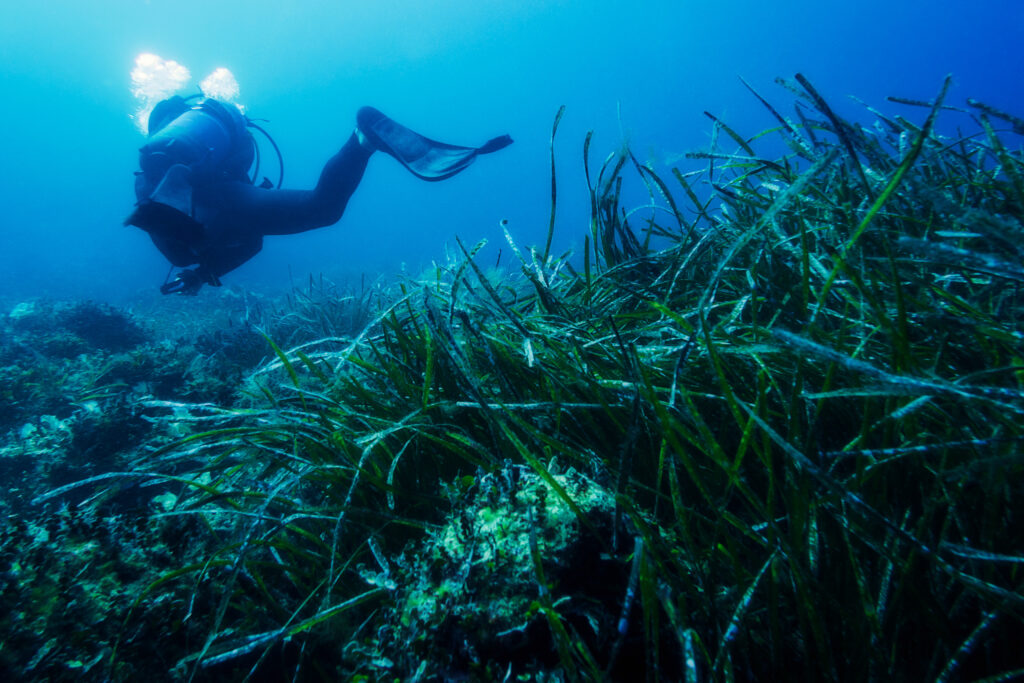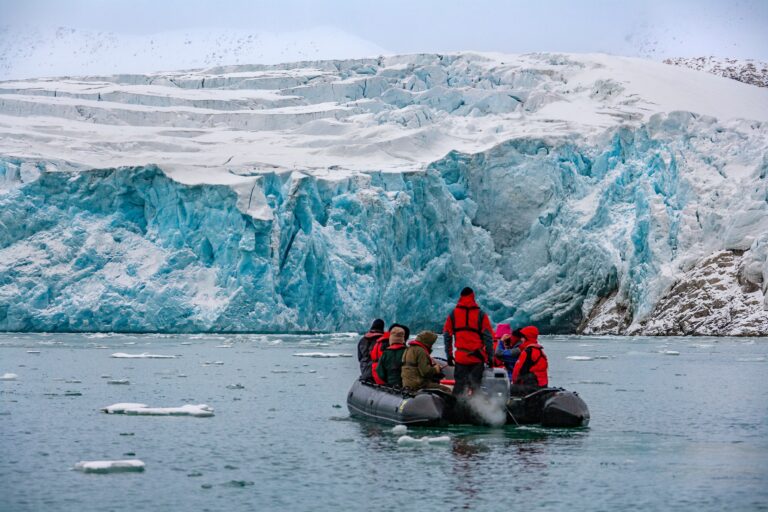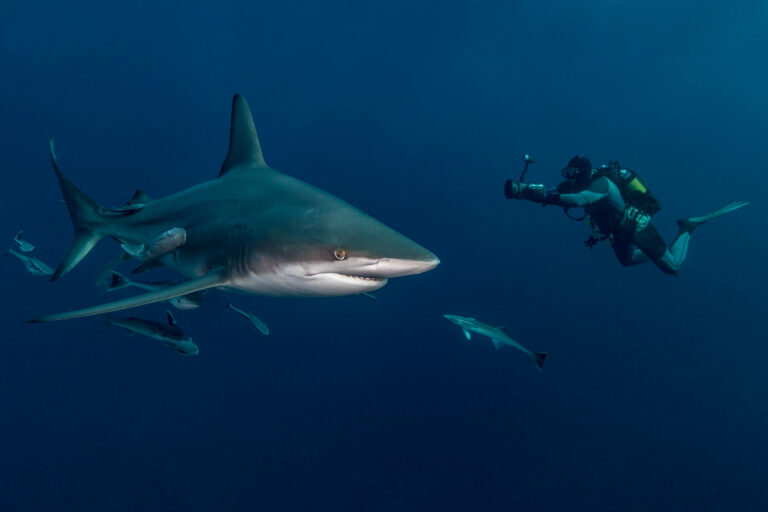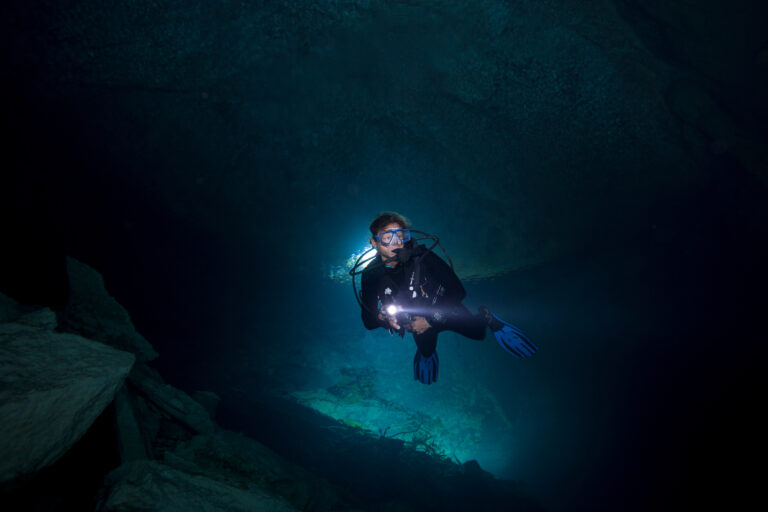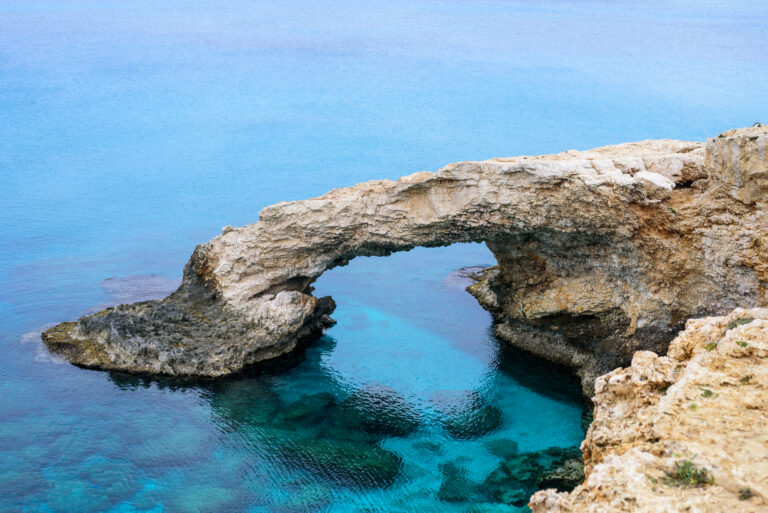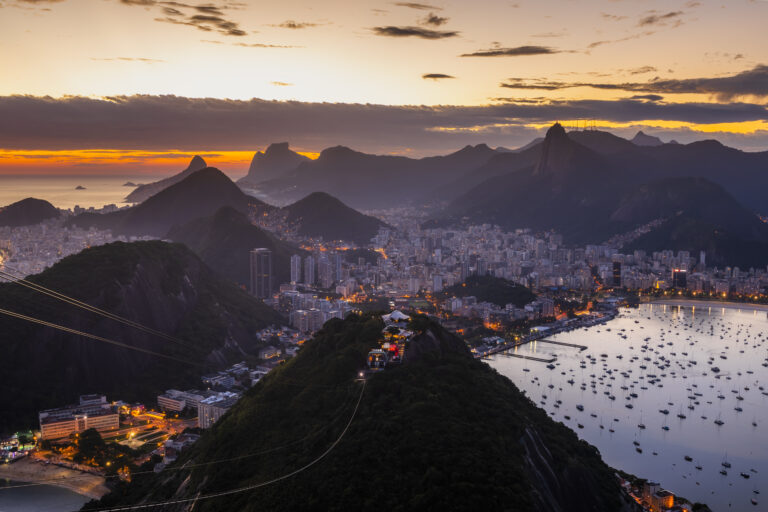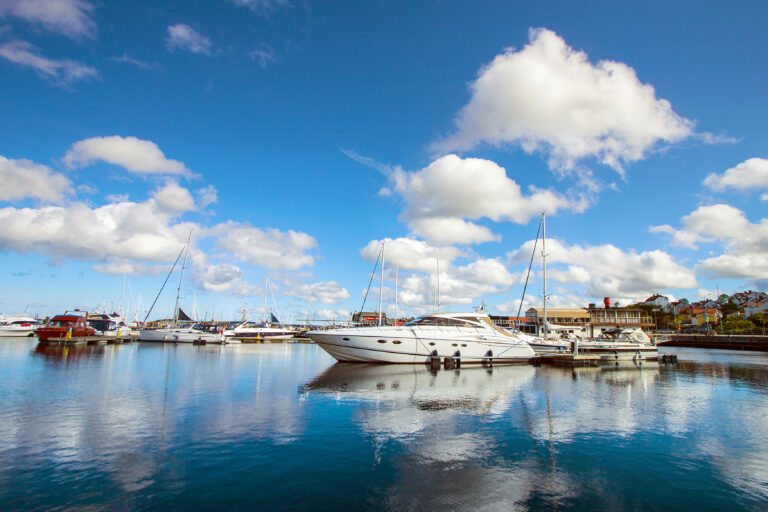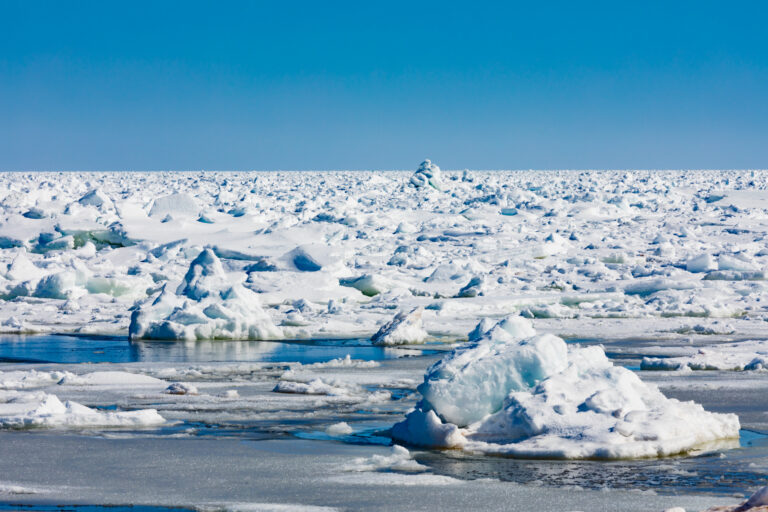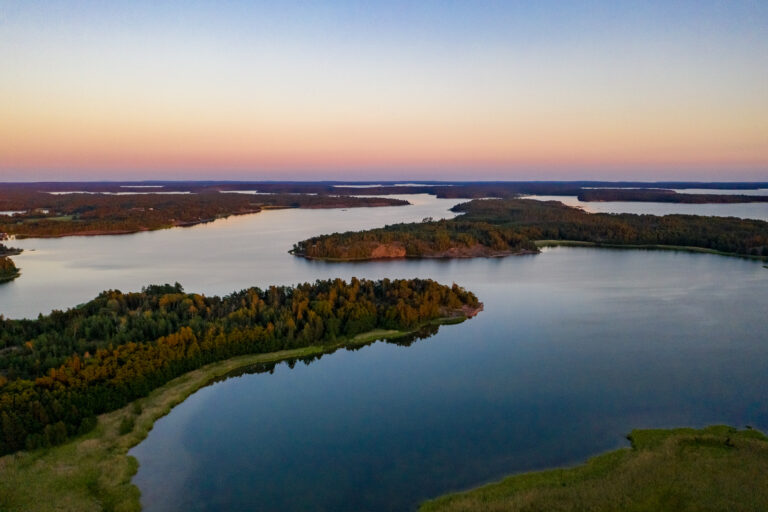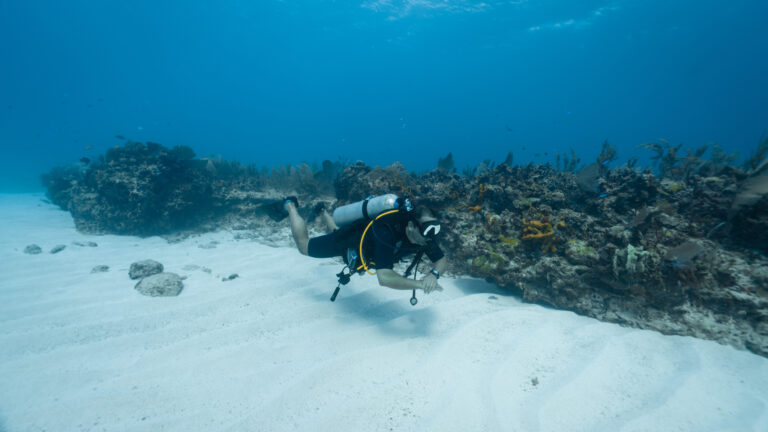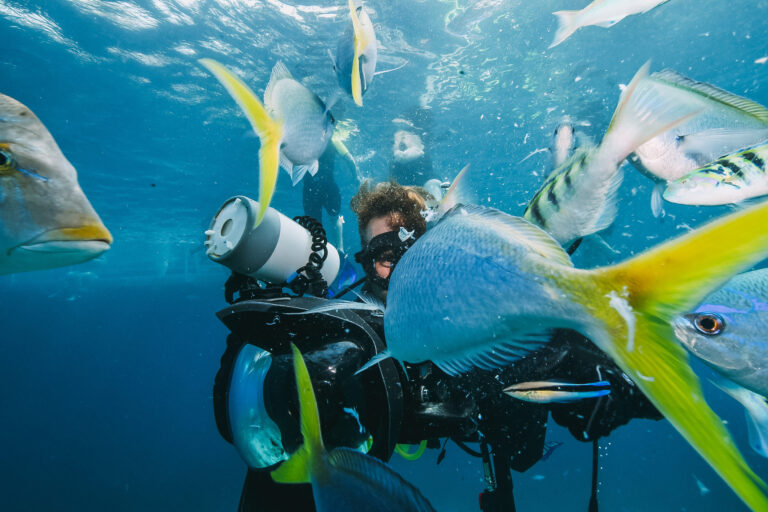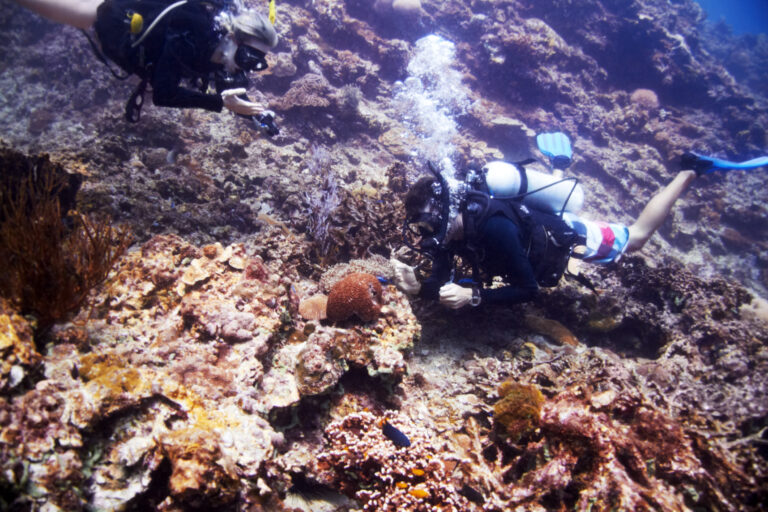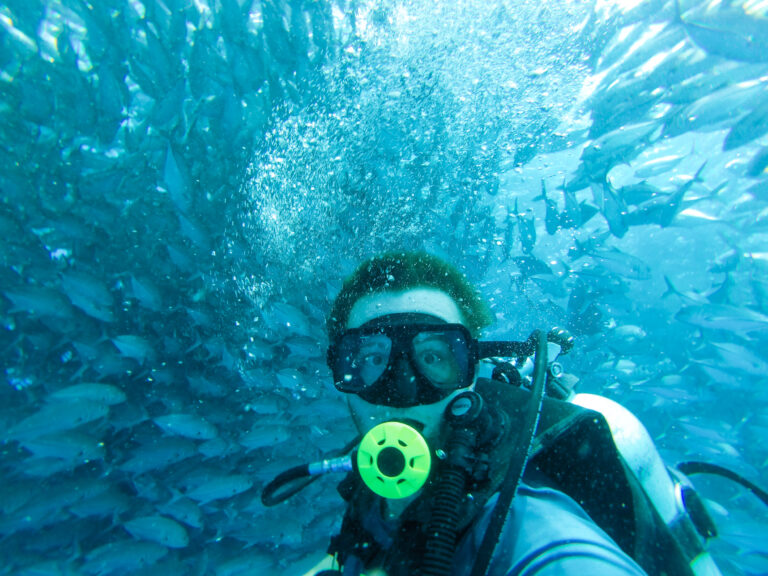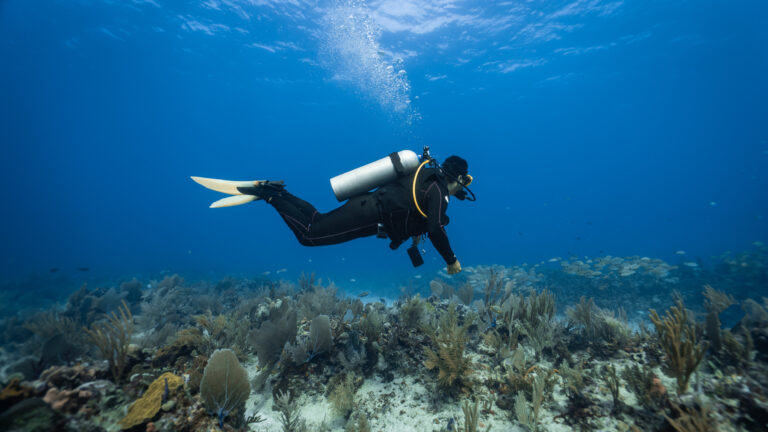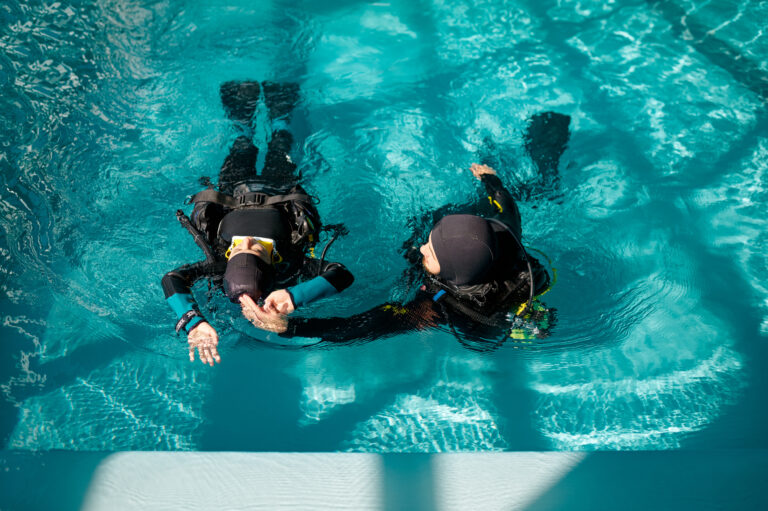SCUBA DIVERS’ TRAVEL GUIDE TO North Macedonia
If you are looking for a unique and unforgettable scuba diving destination, look no further than North Macedonia. This landlocked country in the Balkans may not have a coastline, but it has some of the most beautiful and diverse lakes in Europe. Dive into the crystal-clear waters of Lake Ohrid, one of the oldest and deepest lakes in the world, and discover its rich underwater heritage. You will find ancient ruins, sunken churches, rare endemic species, and stunning underwater landscapes. Or explore the smaller but equally charming Lake Prespa, where you can enjoy the tranquility and biodiversity of this transboundary wetland. Whether you are a beginner or an expert diver, you will find something to suit your taste and skill level in North Macedonia. Experience the thrill of diving in a river at Treska, or challenge yourself to reach the depths of Vrelo cave, one of the deepest underwater caves in the world. North Macedonia is a hidden gem for scuba divers who want to dive into history, culture, and nature.
LOCATION AND GEOGRAPHY
North Macedonia, a landlocked Balkan nation, may not be the first destination that comes to mind for scuba diving enthusiasts, yet it offers a unique underwater experience in its inland waters. The country is home to several large lakes, most notably Lake Ohrid and Lake Prespa, which are nestled in the high mountains and boast crystal-clear waters and rich biodiversity. Lake Ohrid, one of Europe’s deepest and oldest lakes, is particularly renowned for its historical significance and endemic species. Divers in North Macedonia can explore submerged archaeological sites, ancient settlements, and a variety of freshwater flora and fauna. The lakes’ geographical settings, surrounded by picturesque landscapes, provide not only exceptional diving but also a chance to enjoy the serene beauty of North Macedonia’s mountainous terrain.
VISA AND ENTRY REQUIREMENTS
Before embarking on a scuba diving adventure in North Macedonia, it is essential to understand the visa and entry requirements for the country. As of the knowledge cutoff in 2023, North Macedonia allows many nationalities to enter visa-free for short stays, typically up to 90 days within a six-month period for tourism purposes, which includes scuba diving. This applies to citizens of the EU, the United States, Canada, Australia, and several other countries. However, it is crucial to check the latest information before planning your trip, as visa policies can change. Travelers should ensure their passports are valid for at least six months beyond the period of intended stay. Upon arrival, visitors may be asked to provide proof of sufficient funds for their stay and a return or onward ticket. It is also advisable to have evidence of your scuba diving plans, such as a booking confirmation with a local dive shop. For those requiring a visa, applications should be made in advance through the nearest North Macedonian embassy or consulate. Always consult the official government website or contact the local embassy to obtain the most current visa information and entry requirements before your dive trip to North Macedonia.
GETTING TO North Macedonia
Getting to North Macedonia for an unforgettable scuba diving experience is a journey that promises both adventure and accessibility. This landlocked Balkan nation may not have a coastline, but it more than compensates with its stunning freshwater dive sites, particularly in Lake Ohrid and Lake Prespa. Travelers can fly into Skopje Alexander the Great Airport (SKP), the country’s main international gateway, which is well-connected to several European cities. From there, a scenic drive through mountainous landscapes will lead you to these pristine lakes. Alternatively, visitors can also enter North Macedonia via land from neighboring countries such as Greece, Albania, Bulgaria, Serbia, and Kosovo. The country’s compact size ensures that no destination is too far away, making it easy to reach your dive site with just a short journey by car or bus. Whether you’re arriving by air or overland, North Macedonia’s unique underwater treasures are readily accessible for divers eager to explore its hidden depths.
BEST TIME TO DIVE
The best time to scuba dive in North Macedonia, particularly in its crown jewel, Lake Ohrid, is during the late spring to early autumn months, from May through September. During this period, the water temperatures are more comfortable, ranging from 20°C to 24°C (68°F to 75°F), which enhances the diving experience. Visibility in Lake Ohrid can be exceptional, often exceeding 20 meters, especially in the summer months. These conditions allow divers to fully appreciate the unique biodiversity of the lake, which is home to over 200 endemic species. While diving is possible year-round, the winter months can be quite cold, with water temperatures dropping to around 6°C (43°F), which would require appropriate thermal protection. Additionally, the tourist season peaks in July and August, offering more options for dive services and a vibrant atmosphere, but those seeking a more tranquil experience may prefer the shoulder months of May, June, or September.
ACCOMMODATION OPTIONS
In the landlocked haven of North Macedonia, scuba diving enthusiasts will find a surprising array of accommodation options to complement their underwater adventures, particularly around the jewel of the region, Lake Ohrid. While the country may not boast oceanic coastlines, its pristine waters offer a unique diving experience. Divers can choose from quaint lakeside guesthouses, offering personalized service and local charm, to modern hotels equipped with the necessary amenities for gear storage and drying. For those seeking a more immersive experience, several resorts and dive centers around Ohrid provide packages that include diving excursions combined with comfortable lodging. In the smaller towns like Struga, private apartments and boutique hotels cater to those looking for a quieter retreat after a day spent exploring the depths of the ancient lake. Regardless of the choice, divers will find that North Macedonian hospitality is as warm and inviting as its waters, ensuring a pleasant stay both above and below the surface.
DIVE OPERATORS AND DIVE SHOPS
In the landlocked haven of North Macedonia, dive operators and dive shops may not be as ubiquitous as in coastal destinations, but the country’s hidden underwater treasures provide unique experiences for divers willing to explore its freshwater realms. The most prominent dive shops are concentrated around Lake Ohrid and Lake Prespa, both renowned for their crystal-clear waters and endemic species. These dive centers cater to a range of divers, from beginners to advanced, offering PADI and SSI certifications, guided dives, and equipment rentals. Knowledgeable local instructors lead divers through a variety of dive sites, including underwater caves, historical ruins, and sunken cities that tell tales of ancient civilizations. Divers are advised to check the seasonal availability of services and to book in advance, as the number of operators is limited. With the right dive shop, adventurers can immerse themselves in the serene, freshwater underworld of North Macedonia, a truly off-the-beaten-path scuba diving experience.
TRANSPORTATION WITHIN North Macedonia
Transportation within North Macedonia is relatively straightforward and convenient for scuba divers looking to explore the country’s underwater treasures. While North Macedonia is landlocked, its pristine lakes, particularly Lake Ohrid and Lake Prespa, offer unique diving experiences. To reach these sites, divers can rent a car, which provides the most flexibility for visiting various dive spots and the surrounding attractions at their own pace. Car rentals are available at the airports in Skopje and Ohrid, as well as in major cities. For those preferring not to drive, intercity buses connect major towns and tourist destinations, and local taxis are readily available for shorter distances. Although public transport may not always align with specific dive schedules, it remains a viable option for those planning their dives around the bus timetables. Additionally, some dive shops in the lake regions may offer their own transport services or can assist in arranging private transfers to and from dive sites, ensuring divers can access the country’s underwater beauty with ease.
CURRENCY AND PAYMENT METHODS
When traveling to North Macedonia for scuba diving adventures, it’s important to note that the official currency is the Macedonian Denar (MKD). While some dive shops, especially in popular tourist areas like Ohrid, may accept Euros, it’s advisable to have local currency on hand for all diving-related expenses, as well as for smaller shops and services where international currencies are less likely to be accepted. Credit cards are commonly used in urban centers and at larger dive operators, but it’s wise to carry cash when visiting more remote dive sites or when dealing with smaller, local businesses. ATMs are widely available in cities and towns, so withdrawing local currency should not pose a problem. However, always inform your bank of your travel plans to avoid any issues with card usage abroad. It’s also a good practice to carry a small amount of cash in case of areas with limited card payment facilities or for incidental expenses.
LANGUAGE AND COMMUNICATION
When embarking on a scuba diving adventure in North Macedonia, it is helpful to know that the official language is Macedonian, a South Slavic language written in the Cyrillic script. While Macedonian is the lingua franca, you’ll find that English is commonly spoken within the diving community, especially by instructors and guides at dive centers catering to international tourists. Knowledge of basic Macedonian phrases can enhance your experience, allowing for smoother interactions with local residents and a deeper appreciation of the culture. Dive briefings, however, are typically conducted in English or other major European languages to accommodate the diverse clientele. It’s also worth noting that underwater communication transcends linguistic barriers, as divers universally rely on hand signals to convey messages. Nevertheless, having a translation app or a phrasebook can be invaluable for everyday conversations and emergencies.
LOCAL CULTURE AND ATTRACTIONS
North Macedonia, a landlocked Balkan nation, may not be the first destination that comes to mind for scuba diving enthusiasts, but its hidden underwater treasures in Lake Ohrid and Lake Prespa offer a unique experience. Beyond the lakes’ crystal-clear waters and endemic species, divers can immerse themselves in the rich local culture and attractions. The town of Ohrid, a UNESCO World Heritage site, is a treasure trove of ancient history with its well-preserved medieval churches, such as the iconic Church of St. John at Kaneo perched on a cliff overlooking the lake, and the ancient theater. Strolling through the old bazaar, visitors can savor traditional Macedonian cuisine and explore local crafts. The region’s wineries also offer a taste of the local viticulture. Festivals like the Ohrid Summer Festival showcase the vibrant cultural scene, blending music, dance, and performance arts. With its blend of natural beauty and cultural depth, North Macedonia provides a scuba diving trip that is as enriching above water as it is beneath the surface.
CULTURAL ETIQUETTE AND TIPS
When embarking on a scuba diving adventure in North Macedonia, it is essential to approach the experience with a respectful understanding of local customs and etiquette. Macedonian culture is warm and hospitable, and showing appreciation for their traditions will enrich your diving trip. It is customary to greet locals with a firm handshake and direct eye contact. When invited to a Macedonian home, it is polite to bring a small gift, such as wine or sweets. On the diving front, be mindful of environmental practices and respect any guidelines provided by your dive operators to protect the underwater ecosystems. It’s also important to acknowledge that North Macedonia is a landlocked country, so diving opportunities are centered around its pristine lakes, particularly Lake Ohrid and Lake Prespa. Engage with local dive shops and guides, as they will offer invaluable insights into the best dive sites and the historical significance of the region. Lastly, take the time to learn a few basic phrases in Macedonian; a simple “Zdravo” (Hello) or “Fala” (Thank you) can go a long way in showing respect and building rapport with the local community.
LOCAL LAWS AND REGULATIONS RELEVANT TO TOURISTS
Before plunging into the underwater wonders of North Macedonia, scuba divers should be aware of local laws and regulations to ensure a safe and lawful experience. Diving activities in North Macedonia are regulated by the Macedonian Underwater Federation (MUF), and divers must adhere to their guidelines. All divers should carry a valid certification from a recognized diving organization and are expected to respect protected areas, where diving may be restricted to preserve ecological balance. It is mandatory to use a dive flag to signal your location when diving in open waters to alert passing boats. Additionally, the use of diving equipment and spearfishing gear is subject to local regulations, and collecting artifacts or interacting with the aquatic life in a manner that disrupts their natural habitat is strictly prohibited. Tourists should also be aware that diving in some of the country’s inland waters, such as Lake Ohrid, may require special permits due to their status as UNESCO World Heritage Sites. Always check with local dive shops or authorities for the most current information on permitted dive sites, weather conditions, and any temporary restrictions that may be in place.
SAFETY TIPS AND EMERGENCY CONTACTS
When diving in the enchanting waters of North Macedonia, safety should be your paramount concern. Prior to embarking on your underwater adventure, ensure that you are well-acquainted with the local diving conditions and have a dive plan in place. Always dive within your certification limits and with a buddy, and make sure your equipment is in good working order. Be aware of the potential for swift currents in certain areas, and always maintain a safe ascent rate to prevent decompression sickness. It’s crucial to have a means of communication, such as a surface marker buoy and whistle, in case you need to signal for help. In the event of an emergency, contact the local emergency services immediately by dialing 194 for an ambulance or 192 for the police. Additionally, it’s wise to know the location of the nearest hyperbaric chamber, which in North Macedonia is situated in the capital, Skopje. For any diving-related emergencies, the Divers Alert Network (DAN) Europe can also be contacted for advice and assistance. Always carry your insurance and emergency contact information with you, and inform your dive operator of any medical conditions that may affect your diving. By following these safety tips and being prepared with the necessary emergency contacts, you can enjoy the underwater beauty of North Macedonia with peace of mind.
HEALTH AND TRAVEL INSURANCE
Before embarking on your underwater adventure in North Macedonia, it is crucial to ensure that your health and travel insurance policies provide comprehensive coverage for scuba diving activities. While North Macedonia may not be the first destination that comes to mind for diving, its inland waters, particularly Lake Ohrid, offer unique diving experiences with historical artifacts and endemic species. Given that diving can be a high-risk activity, verify that your insurance covers hyperbaric treatment and emergency medical evacuation, which may not be standard in all policies. Additionally, it’s wise to check if there are any specific exclusions or limitations related to diving depth or the need for a certified diving guide. Since healthcare facilities in North Macedonia may not always match those found in more developed countries, a good insurance policy will give you peace of mind, allowing you to fully enjoy the stunning underwater landscapes and archaeological treasures beneath the surface of this hidden Balkan gem.

